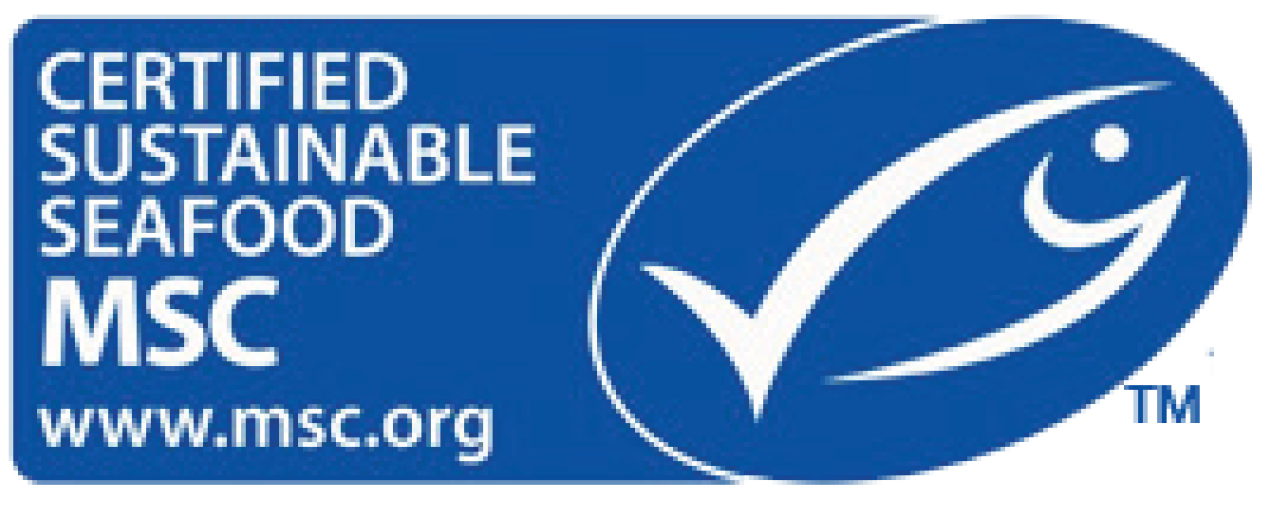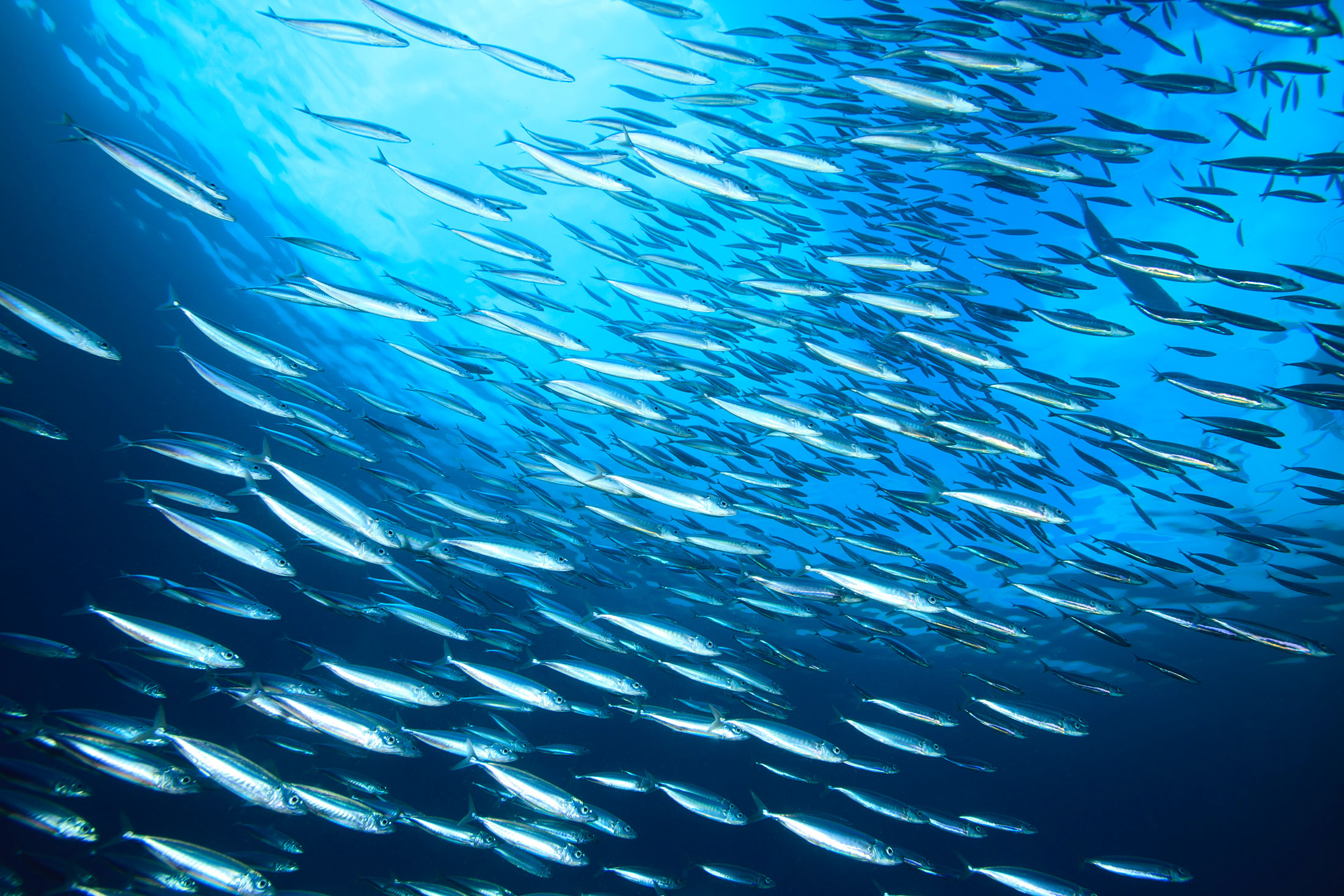Our respect for the marine environment guides us in nurturing, protecting and sustaining our fisheries.
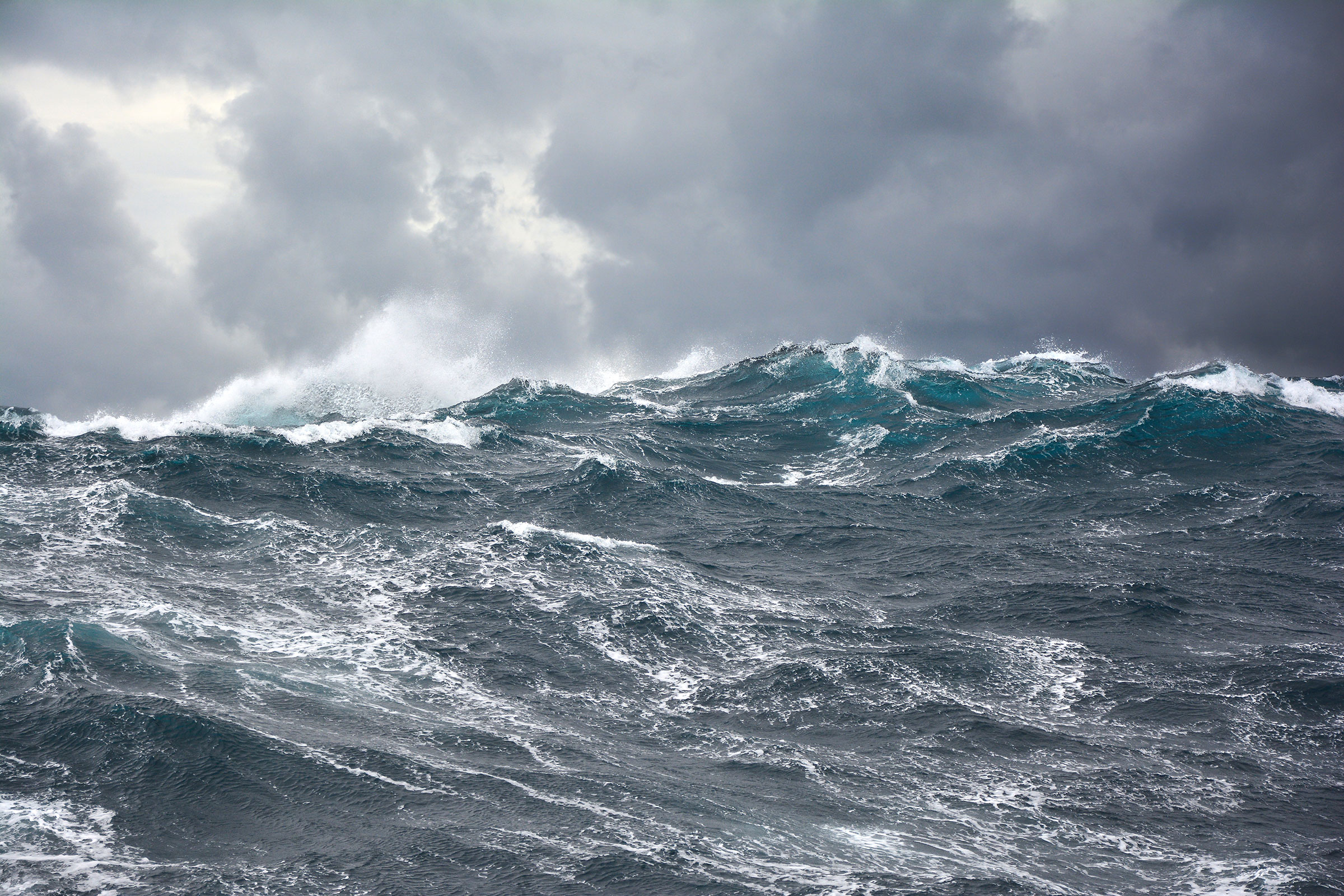
Our Waters
The pristine waters of the Atlantic are the natural habitat for the abundant stocks that we fish. These waters are also amongst the most protected and monitored seas in the world.
At the core of our activity is a strict adherence to the rules and regulations that protect and nurture fish stocks. Our objective is to work in harmony with nature and in line with best practices to ensure our seas remain bountiful and diverse.
Central to this is the EU Common Fisheries Policy. Annual catch limits (TACs) are set by the EU Council of Ministers each year. They consider proposals drawn up by the European Commission, which consults its own scientific advisors (Scientific, Technical and Economic Committee of Fisheries – STECF). STECF generally provides its advice to the European Commission, taking account of the work conducted by the International Council for the Exploration of the Sea (ICES). The annual TACs regulate the quantity of fish we are permitted to catch.
Atlantic Dawn Group actively participates when possible in scientific surveys in collaboration with our regulators. For us, sustainability is integral to our business. As we learn more about our fisheries, we adapt our practices and operations to ensure the best possible outcomes for future generations.
Marine Biodiversity is also at the forefront of how we approach our fishing operations. Our catching methods aim to reduce unintended impacts. The pelagic species we catch are characterised as ‘Mid-water’ species. This means that we are generally not disturbing the seabed or damaging coral reefs with our nets.
We utilise all of the fish we catch, we avoid significant negative impact to juvenile stocks or their habitat and we adopt the best practices to reduce the risk of interacting with marine mammals or seabirds. Our operations have a negligible incidence of inadvertent bycatches.
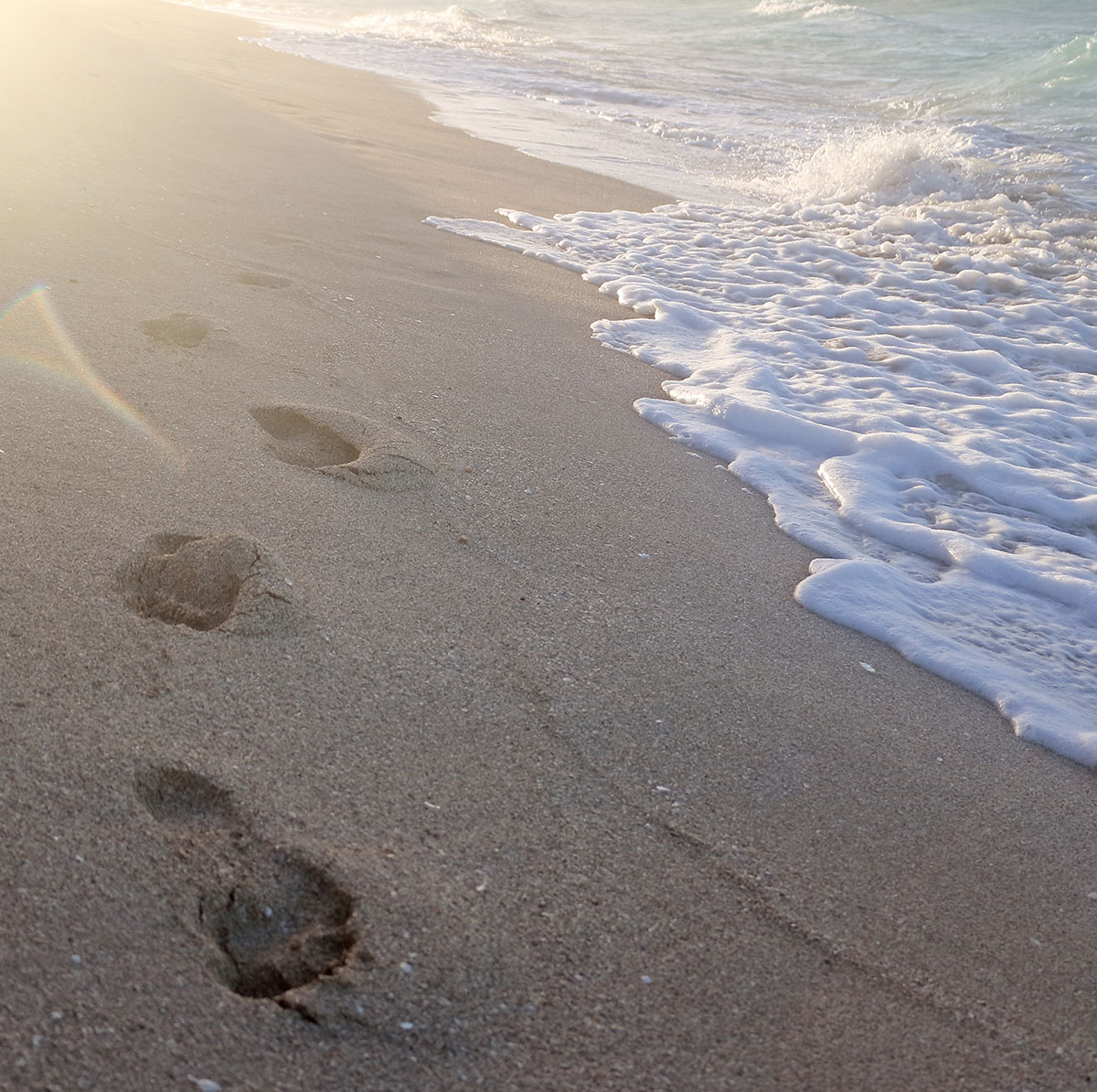
Our Carbon Footprint
Climate change is one of the greatest challenges facing the world today. Global warming is resulting in increasing water temperatures, which has a direct impact on the marine ecosystem. At Atlantic Dawn we are committed to playing our part in addressing this problem. We only use environmentally friendly freezing systems. We have also embarked on a fleet renewal programme that will result in a significant reduction in our consumption of fossil fuels and a dramatic decrease in emissions. We have gone above and beyond industry regulations to ensure we do our best to make a difference.
Feeding humanity puts a strain on our planet in terms of carbon emissions. The CO2 footprint of protein production from pelagic fish is considerably lower than that of other animal proteins. Pelagic fish swim in their wild natural habitat. They do not require artificial feed, nor do they require the use of often scarce fresh water supplies. Our efficient fishing and production methods further enhance our position as a carbon friendly and sustainable solution to the food challenges that exist in the world today.

Our Carbon Footprint
Climate change is one of the greatest challenges facing the world today. Global warming is resulting in increasing water temperatures, which has a direct impact on the marine ecosystem. At Atlantic Dawn we are committed to playing our part in addressing this problem. We only use environmentally friendly freezing systems. We have also embarked on a fleet renewal programme that will result in a significant reduction in our consumption of fossil fuels and a dramatic decrease in emissions. We have gone above and beyond industry regulations to ensure we do our best to make a difference.
Feeding humanity puts a strain on our planet in terms of carbon emissions. The CO2 footprint of protein production from pelagic fish is considerably lower than that of other animal proteins. Pelagic fish swim in their wild natural habitat. They do not require artificial feed, nor do they require the use of often scarce fresh water supplies. Our efficient fishing and production methods further enhance our position as a carbon friendly and sustainable solution to the food challenges that exist in the world today.

Our Carbon Footprint
Climate change is one of the greatest challenges facing the world today. Global warming is resulting in increasing water temperatures, which has a direct impact on the marine ecosystem. At Atlantic Dawn we are committed to playing our part in addressing this problem. We only use environmentally friendly freezing systems. We have also embarked on a fleet renewal programme that will result in a significant reduction in our consumption of fossil fuels and a dramatic decrease in emissions. We have gone above and beyond industry regulations to ensure we do our best to make a difference.
Feeding humanity puts a strain on our planet in terms of carbon emissions. The CO2 footprint of protein production from pelagic fish is considerably lower than that of other animal proteins. Pelagic fish swim in their wild natural habitat. They do not require artificial feed, nor do they require the use of often scarce fresh water supplies. Our efficient fishing and production methods further enhance our position as a carbon friendly and sustainable solution to the food challenges that exist in the world today.
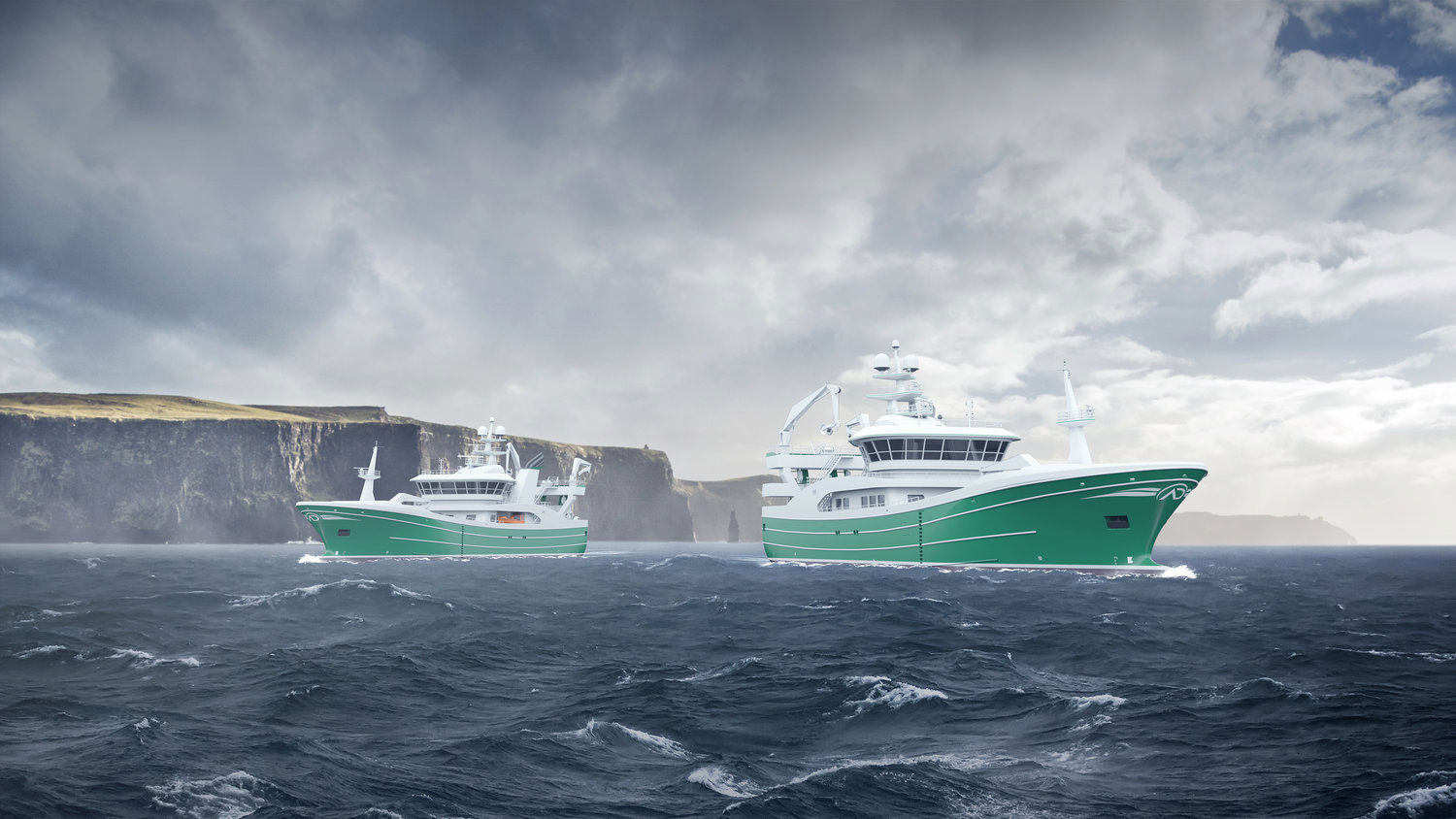
Origin Green – Working with nature
The Atlantic Dawn Group is proud to be a member of Origin Green, Ireland’s food and drink sustainability programme. This programme enables Ireland’s food industry to set and achieve measurable sustainability targets.
As an active participant in this programme we have reviewed all aspects of our fishing activity and production processes to identify areas where we can enhance our operations and improve our credentials as an environmentally friendly organisation. Many initiatives have already been implemented and further ambitious plans are being advanced.
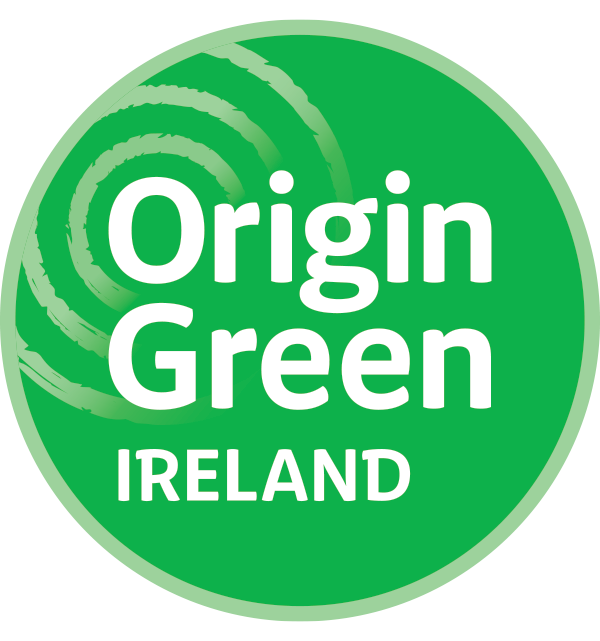
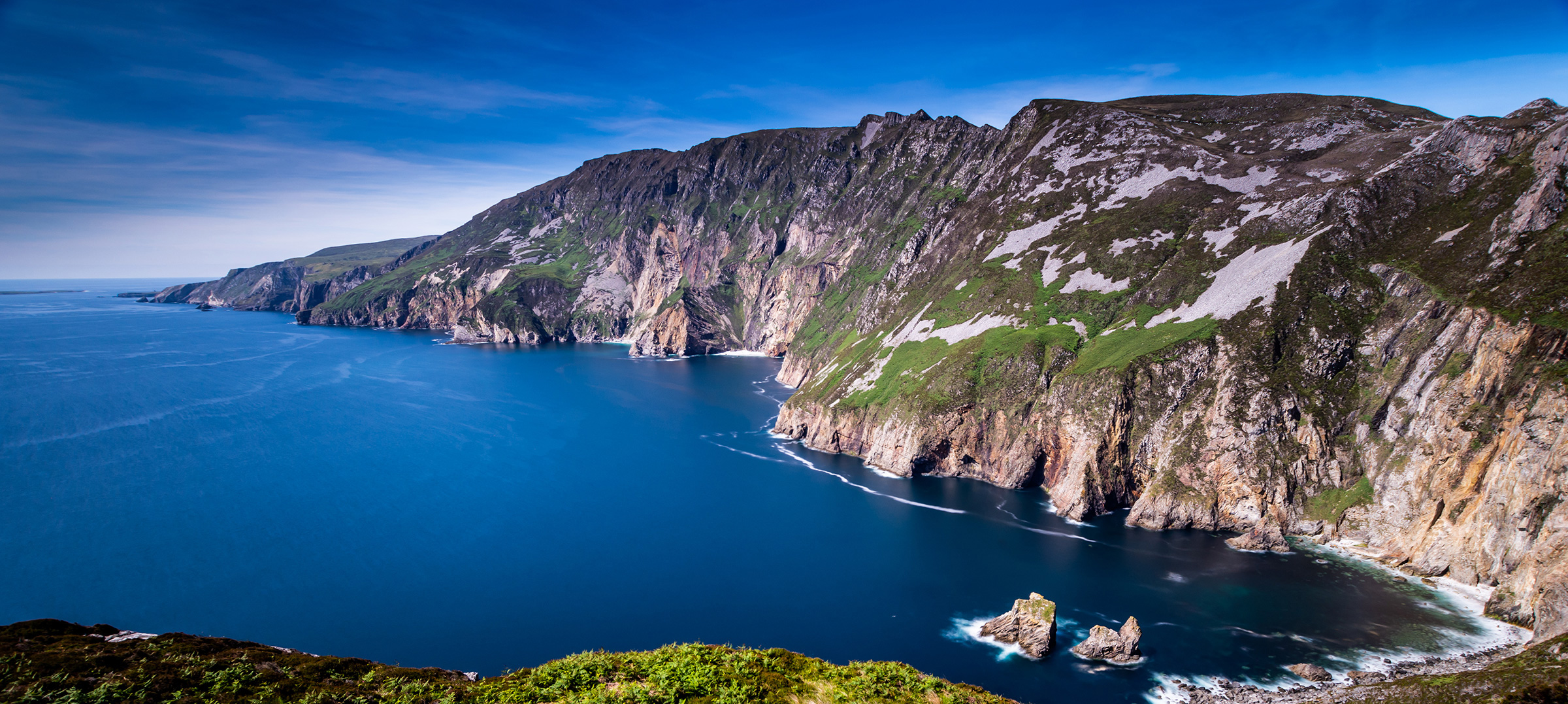
Marine Stewardship Council (MSC)
A number of our fisheries are MSC certified. MSC is an internationally recognised and respected certification for sustainable seafood. This transparent and rigorous process puts fisheries under the microscope to prove they meet the highest standards. The MSC scheme follows international professional benchmarks to promote robust processes and uphold values of independence, transparency, impartiality and stakeholder consultation.
Their standards are based on three principles:
1. Are the fish stocks healthy?
2. Is the fishery damaging the marine environment?
3. Is there ongoing effective management of that fishery?
The MSC’s sustainable seafood label gives customers the assurance that their seafood is a sustainable choice – and that this is backed up by independent science.
For those fisheries we are engaged in that are not yet MSC certified we have worked with the Irish Government to adhere to their Responsibly Sourced Seafood (RSS) Standard. This standard provides internationally accredited product certification for fisheries all over the world.
